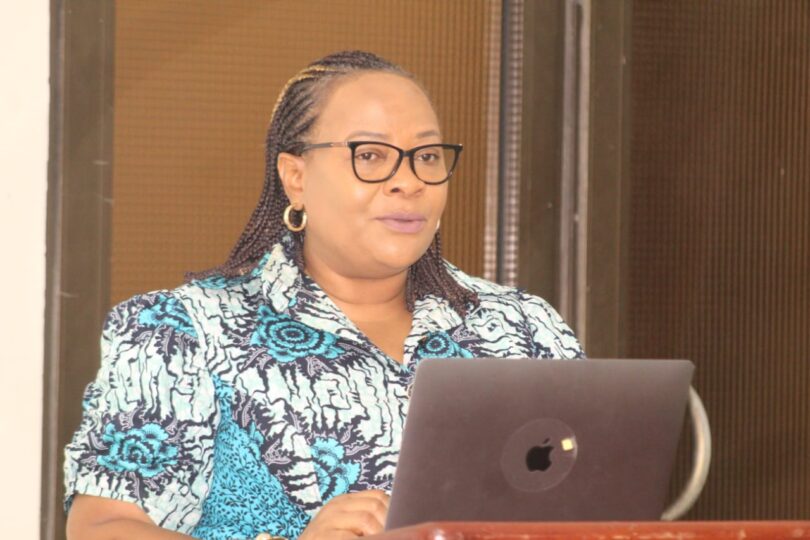Story By: Ishmael Barfi
A recent 2-day workshop has shed light on the devastating impact of corruption on Ghana’s healthcare system, highlighting the need for urgent reform.
The event, organized by the Ghana Integrity Initiative (GII), a member of Transparency International, brought together stakeholders in the healthcare sector to discuss ways to address corruption and promote inclusive service delivery.
Corruption in the healthcare sector is a significant barrier to achieving universal health coverage, increasing costs and reducing service quality, disproportionately affecting vulnerable populations.
A Corruption Risk Assessment (CRA) Research conducted by GII identified key issues affecting the delivery of quality health services.

Some section of stakeholders at the workshop
According to the Executive Director of Ghana Integrity Initiative (GII), Mrs. Mary Awelana Addah, the assessment was not aimed at identifying corruption within the Ghana Health Services but rather sought to collect views on corruption vulnerabilities and loopholes in the health sector.
In addition, it will also assess how those corruption risks would impact access to quality health service delivery for women, girls, and other vulnerable groups at risk of discrimination.
Outlining some of the findings, she indicated that corruption and mismanagement of funds were some of the loopholes that need to be addressed.
To her, this hinders the effective functioning of health insurance systems, leading to inadequate healthcare services and financial hardship for patients.
Furthermore, embezzlement of Funds where resources intended for healthcare services are diverted resulting in inadequate infrastructure, equipment, and personnel.

Strengthening Healthcare Systems: GII Advocates for Transparency and Accountability
Mrs. Addah expressed worry about the alteration of health records and insurance fraud, stressing that these practices distort data, make it challenging to make informed policy decisions, and undermine trust in the healthcare system.
To address these challenges, she was of the view that there is a need for stakeholders to work together to strengthen the legal system and ethical values.
This, she noted, will ensure that laws and regulations are in place to prevent corruption, promoting high ethical standards among health professionals.
Developing and implementing effective risk assessments is another measure where vulnerabilities in the healthcare system are identified, and measures are implemented to mitigate risks and prevent corruption.
Above all, ensuring that healthcare services are transparent, accountable, and free from corruption and that healthcare professionals are held accountable for their actions.
The project, which covers five African countries, including Ghana, seeks to promote inclusive service delivery and combat corruption in the healthcare sector.
The GII Executive Director, Mrs. Mary Awelana Addah, believed that by working together, stakeholders can ensure that Ghana’s healthcare system is free from corruption and provides quality services to all citizens.
“Combating corruption and promoting inclusive service delivery is crucial to ensuring that Ghana’s healthcare system serves the needs of all citizens, particularly the most vulnerable. We must work together to strengthen the healthcare system and promote transparency, accountability, and integrity,” she emphasized.
Source: www.thenewindependentonline.com








